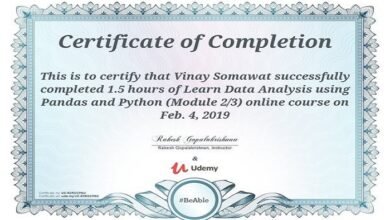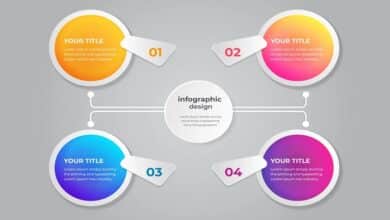How Much Time It Takes to Learn Digital Marketing: Quick Guide
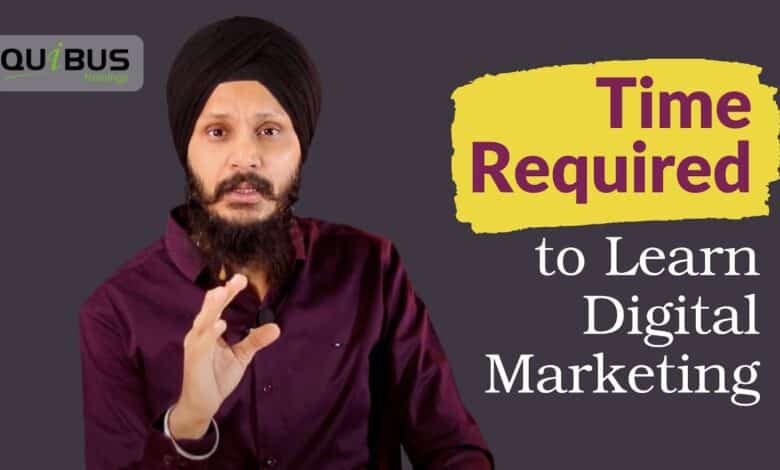
How long does it take to learn digital marketing? The answer varies.
It depends on your dedication and the resources you use. Digital marketing is a vast field. It includes SEO, social media, email marketing, and more. Many people wonder how much time they need to become proficient. The truth is, there is no one-size-fits-all answer.
Some may grasp the basics in a few months, while others may take longer. Your learning speed depends on your background, commitment, and the methods you choose. Whether you are a beginner or have some experience, understanding the timeline can help you set realistic goals. So, let’s dive into what affects your learning journey in digital marketing.
Introduction To Digital Marketing
Digital marketing is an essential skill in today’s tech-driven world. Learning it can open many doors. But how long does it take? Understanding the basics is the first step.
What Is Digital Marketing?
Digital marketing involves promoting products or services online. This can include social media, email, and search engines. It uses the internet to reach and engage customers. Digital marketing strategies are crucial for businesses of all sizes.
Importance Of Digital Marketing
Digital marketing helps businesses connect with their audience. It allows for targeted advertising. This means reaching the right people at the right time. Digital marketing also provides measurable results. Businesses can track their success and adjust strategies quickly.
In today’s digital age, having digital marketing skills is valuable. It can boost your career and enhance your business. Understanding its importance is key to learning it efficiently.
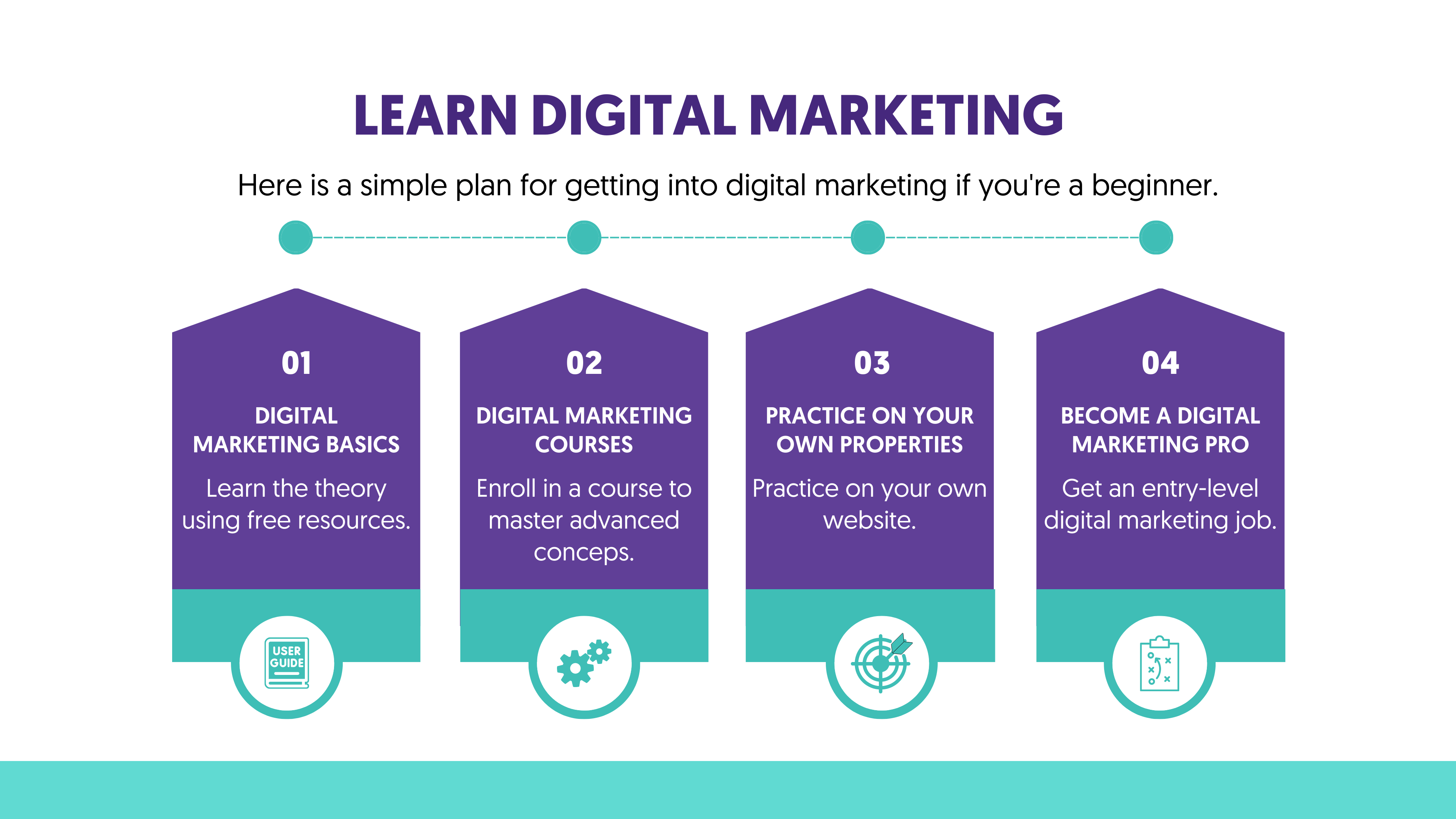
Credit: www.reliablesoft.net
Factors Affecting Learning Time
Learning digital marketing can vary in duration. Several factors influence how long it takes to grasp the basics and become proficient. Understanding these factors can help set realistic expectations and create a more effective learning plan.
Background Knowledge
Your existing knowledge and experience play a crucial role. Someone with a background in marketing will likely learn faster. They already understand marketing principles and strategies. On the other hand, someone new to the field may need more time. They must first grasp basic marketing concepts before diving into digital techniques.
Learning Resources
The quality and type of learning resources also impact the time required. High-quality courses, tutorials, and books can speed up the process. Free resources are available, but they may not be as comprehensive. Investing in a structured course can provide a more systematic approach. Interactive resources like webinars and workshops can enhance learning. They offer hands-on experience and direct feedback from experts.
Learning Paths
Choosing the right learning path for digital marketing can be challenging. With so many options available, it’s important to understand the different paths to take. Some may prefer the flexibility of self-paced learning, while others might benefit from the structure of formal education. Below, we delve into both learning paths to help you decide which one suits you best.
Self-paced Learning
Self-paced learning offers flexibility and convenience. You can learn at your own speed, fitting lessons into your schedule. Many free and paid resources are available online, such as:
- Online courses: Websites like Coursera, Udemy, and edX offer various courses on digital marketing.
- Blogs and websites: Sites like Moz, Neil Patel, and HubSpot provide valuable insights and tips.
- YouTube tutorials: Many experts share their knowledge through video tutorials.
- eBooks and whitepapers: These resources offer in-depth information on specific topics.
With self-paced learning, you can tailor your education to your interests and needs. It’s cost-effective and allows for continuous learning. However, it requires self-discipline and motivation to stay on track.
Formal Education
Formal education in digital marketing provides a structured and comprehensive learning experience. Options include:
- University degrees: Bachelor’s or Master’s programs in marketing or digital marketing.
- Diploma courses: Short-term courses offered by colleges and institutes.
- Certification programs: Certifications from Google, HubSpot, and other reputable organizations.
Formal education often includes a mix of theoretical and practical knowledge. It provides opportunities for networking and mentorship. Students benefit from the guidance of experienced instructors and a structured curriculum. However, formal education can be time-consuming and expensive.
Choosing the right learning path depends on your personal preferences and career goals. Whether you opt for self-paced learning or formal education, dedication and consistency are key to mastering digital marketing.
Core Digital Marketing Skills
Understanding the core digital marketing skills is essential for anyone wanting to excel in this field. These skills form the foundation of successful digital marketing strategies and can significantly influence your career. Let’s explore some of the most important core skills you need to learn.
Seo And Sem
SEO (Search Engine Optimization) is the practice of optimizing your website to rank higher on search engine results pages (SERPs). It involves keyword research, on-page optimization, and link building. Learning SEO can take anywhere from a few months to a year, depending on your dedication and practice.
SEM (Search Engine Marketing) involves using paid advertising to increase your visibility on search engines. This includes Google Ads and other PPC (Pay-Per-Click) campaigns. Mastering SEM can take several months, as it requires understanding bidding strategies, ad copy, and analytics.
| Skill | Time to Learn |
|---|---|
| SEO | 3-12 months |
| SEM | 3-6 months |
Content Marketing
Content marketing is the creation and distribution of valuable, relevant content. This attracts and retains a clearly defined audience. It includes blog posts, videos, infographics, and social media updates.
Learning content marketing involves understanding your audience, creating engaging content, and measuring its effectiveness. This skill can take about 6 months to learn, with continuous improvement as you gain experience.
- Audience analysis
- Content creation
- Content distribution
- Performance measurement
Each of these components is crucial for a successful content marketing strategy.
Advanced Techniques
Learning advanced techniques in digital marketing can be challenging but rewarding. These skills help you stand out in a competitive market. Mastering these techniques takes time and practice. Let’s explore two key areas: Analytics and Data, and Automation Tools.
Analytics And Data
Analytics and data play a critical role in digital marketing. Understanding analytics helps you make informed decisions. You learn how to track website performance and user behavior. This skill usually takes a few months to develop.
You need to get familiar with tools like Google Analytics. These tools provide valuable insights. They show how users interact with your site. Analyzing this data helps improve your strategies. Regular practice is essential to become proficient.
Automation Tools
Automation tools streamline many marketing tasks. They save time and increase efficiency. Learning to use these tools can take a few weeks. Start with basic tools like email marketing software. Then move to more complex tools.
Some popular tools include MailChimp, Hootsuite, and HubSpot. Each tool has different features. Spend time exploring each one. Practice setting up automated campaigns. Consistency is key in mastering these tools.
Practical Experience
Practical Experience is an essential part of learning digital marketing. While theory lays the foundation, hands-on practice ensures you understand how to apply concepts in real-world scenarios. Gaining practical experience can significantly shorten the learning curve and make you job-ready.
Internships And Projects
Internships provide an excellent opportunity for gaining practical experience. Working with experienced professionals helps you learn best practices and industry standards. Moreover, internships often involve working on real projects, giving you a taste of the actual work environment.
Participating in projects can also enhance your skills. You can join online communities or groups that focus on digital marketing projects. Contributing to these projects gives you a platform to test your skills and learn from others.
Freelancing Opportunities
Freelancing is another effective way to gain practical experience. You can start by offering your services on freelance platforms. This allows you to work on diverse projects and learn different aspects of digital marketing.
Freelancing projects can range from social media management to SEO optimization. Each project helps you build a comprehensive skill set. Over time, you will develop a strong portfolio that showcases your practical experience.
Additionally, freelancing helps you understand client expectations. You learn to deliver results within deadlines and manage client relationships. These skills are invaluable in the digital marketing industry.
Time Management Tips
Learning digital marketing requires dedication and smart time management. Balancing study, practice, and other commitments can be challenging. Effective time management ensures progress and reduces stress.
Setting Realistic Goals
Set clear, achievable goals. Break down your learning into small, manageable tasks. Focus on one topic at a time. This approach prevents feeling overwhelmed. Track your progress regularly. Adjust goals if needed. Celebrate small wins to stay motivated.
Consistent Practice
Practice is crucial in digital marketing. Allocate specific times daily for practice. Consistency builds habits. Apply what you learn through projects or simulations. Real-world practice reinforces concepts. It also helps identify areas needing more attention.

Credit: mmclearning.com
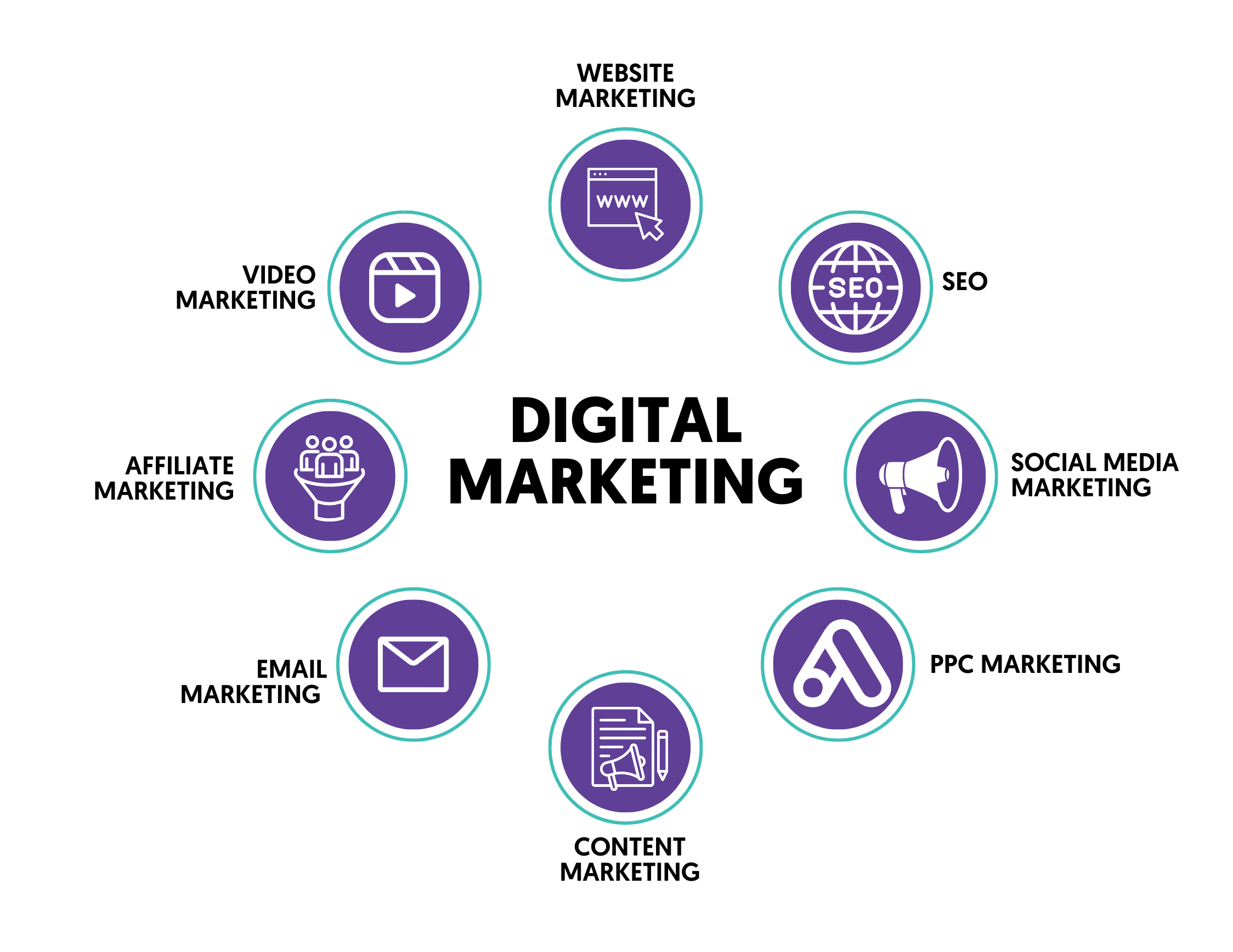
Credit: www.reliablesoft.net
Frequently Asked Questions
How Long To Master Digital Marketing?
Mastering digital marketing takes 6 months to a few years. It depends on dedication, learning pace, and practical experience.
Is Digital Marketing Hard To Learn?
Digital marketing is not hard to learn. With the right resources and practice, anyone can grasp it.
Can I Learn Digital Marketing In 3 Months?
Yes, you can learn basics in 3 months. Advanced skills require more time and practice.
What Skills Are Needed For Digital Marketing?
Key skills include SEO, content creation, social media management, and data analysis. These skills enhance marketing effectiveness.
Conclusion
Learning digital marketing takes time and practice. The journey varies for everyone. Consistent effort leads to better understanding and results. Start with basics, and build on them. Online courses can help with structured learning. Remember, patience and persistence are key.
Stay updated with trends and keep experimenting. Your dedication will pay off. Keep going, and success will follow.



